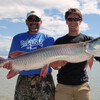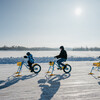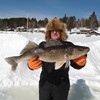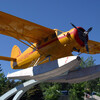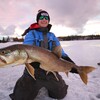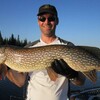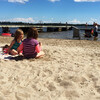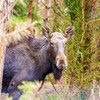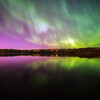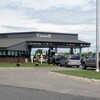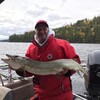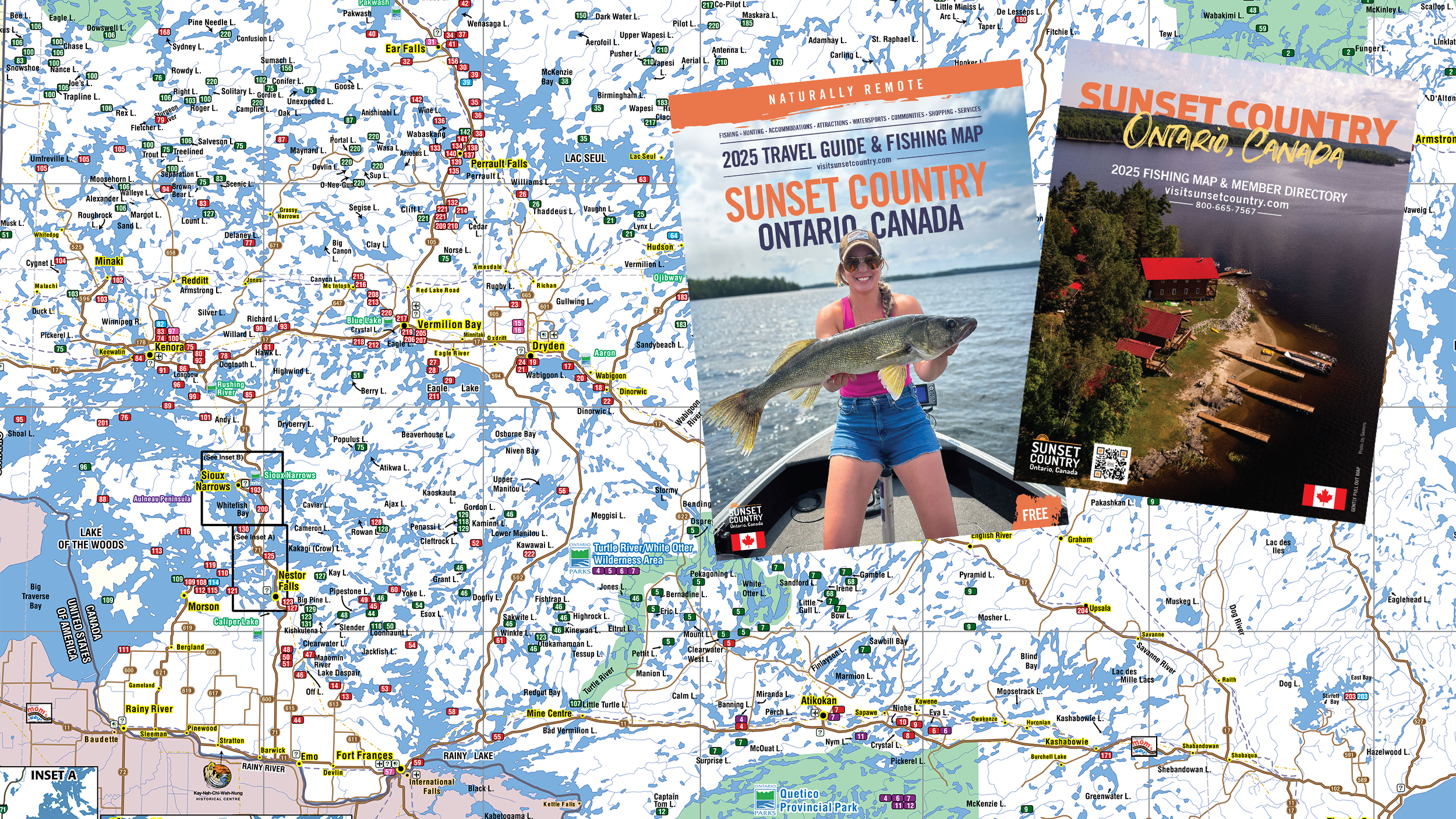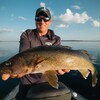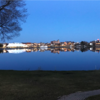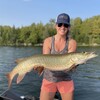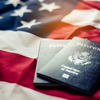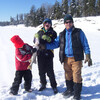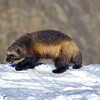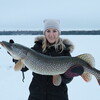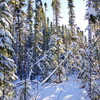
Tips to Help You Plan an RV Vacation to Sunset Country
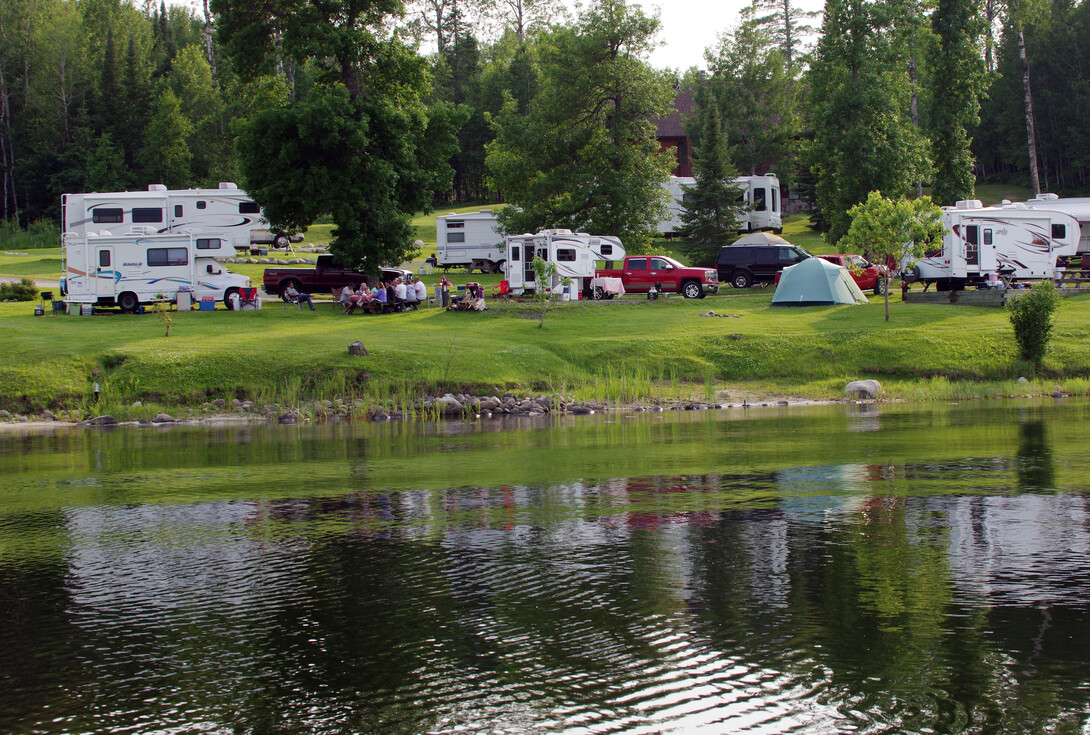
Spanning a geographic area of 100,000 square kilometers in size – almost all Boreal forest – and with over 70,000 freshwater lakes and rivers, Ontario’s Sunset Country is certainly a “go-to” destination for RV campers. Across the region, you’ll find many private RV campgrounds as well as Provincial Parks to choose from. This article has been written to provide you with some tips on how to plan the perfect RV vacation in Sunset Country.
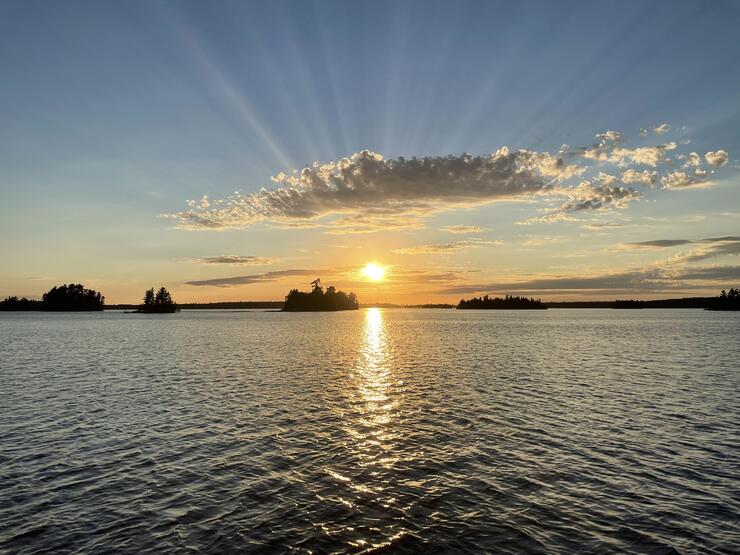
1: Don’t Bring Your House with You
First thing first – we think you should remember that you’re going camping, so don’t try to bring all the creature comforts of home. By its very definition, camping means you want to enjoy the outdoors and while staying in an RV is not really roughing it, it is still camping and not having some of the luxuries you enjoy in your home is all part of the experience.
2: Reserve Your Camping Spot(s) Early
While every lodge campground and Provincial Park will accept RV campers without reservations, they can only accommodate you if they have an open site. Therefore, it is highly recommended you have your destination(s) picked and booked well ahead of time. This is especially true for weekend trips or during holidays like May Long, Canada Day, and the August Long Weekend.
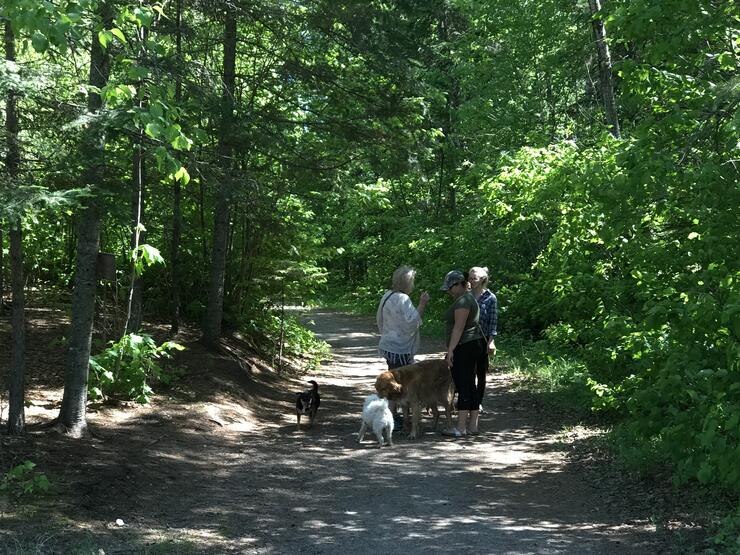
3: Make a List
While this seems obvious many people don’t make a list and end up forgetting some real necessities such as bug spray or toilet paper. Not only does a list help you plan the entire trip better, on departure day, you can cross out the items on the list once you have loaded them into the truck or the RV and when everything on the list is crossed out, you’re certain you have everything you need– unless you forgot to add it to the list!

4: Plan Meals Carefully
Again this is self-evident but many people often bring way too much food while others don’t bring enough. The other issue here is the kind of food you bring. Remember that depending on where you go, your RV’s fridge and any external coolers may be the only places to keep perishable foods cold or frozen so don’t bring too much food that spoils easily. If you’ve got the kids with you make sure you bring enough snacks for them as they will likely be hungrier between meals compared to when they are at home.
5: Prepare for the Unexpected
While “be prepared” is something the Boy Scouts tell us, many campers who have never been to our area often miss the point in this area. Since this is Northern Ontario, and even though it is summer, you should prepare for the weather– especially rain– and on occasion, cool temperatures in the middle of summer. Having the right footwear is also important so in addition to the beach sandals and casual footwear, bring something a little heavier duty with you, such as a hiker shoe so if it rains, you’ll have the right shoes for walking in the woods. While no one controls the weather, make sure you bring some board games, cards, or movies to watch so you have something to do if you encounter rainy weather. Most importantly, don’t forget the bug repellant!
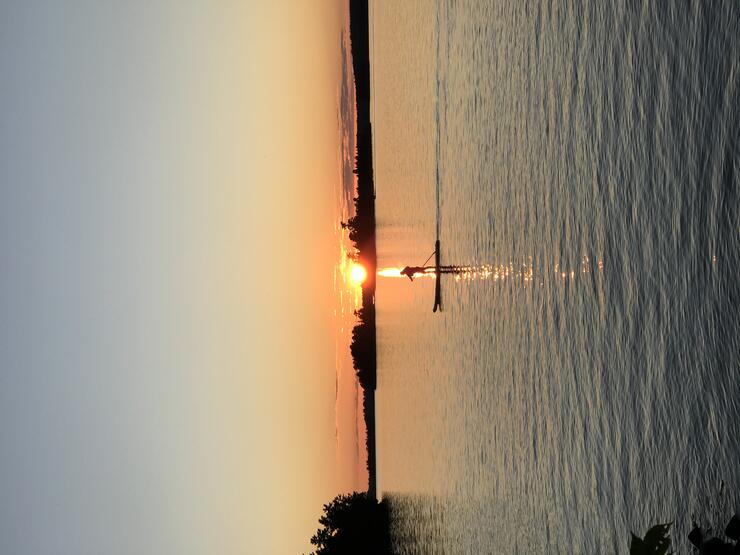
6: It’s Ok NOT to Bring Some Stuff
Experienced RV campers know that you can also bring too much stuff with you so here are some suggestions of what not to bring. When it comes to food, remember many meals are often done while activities are going on so simple and easy is the way to go. This means leaving behind gourmet type foods that require extensive preparation, baked goods like cakes, etc. The key to avoiding bringing too much food is to actually plan your meals out and then bring a few extra items just in case. Other “no-nos” include:
- Firewood: it can transfer invasive species and it is super bulky
- Chairs: bring exactly how many you need and no more
- Heavy/Bulky Items: space and weight tolerances are often at a premium so don’t haul water to the campsite unless you have to and remove bulky packaging on other items for easier storage
- Inflatables/Beach Toys: I’m guilty of this one, how many times have you blown up multiple air mattresses, tubes, or whatever only to never use them
- Bicycles: Unless you’re sure (and you should call ahead) there are actually places for your kids to ride their bikes, then they are best left behind
7: Be Safe
If you are a new owner of a big rig or even a smaller travel trailer it’s important that you are familiar with guidelines on how to tow safely, how to park safely and how to set up the RV. Experience is the best teacher, but when it comes to towing, remember that you need a big enough vehicle for the size of trailer you buy, and under any circumstances, it is not recommended you tow another vehicle/boat behind a hitched travel trailer.
While it is not illegal to tow a boat or other vehicle in Ontario, the Ministry of Transportation notes that combined length and weight restrictions in this situation could result in an expensive fine for violators of the regulations (23 meters maximum length and the lead vehicle must be a pick-up truck or other commercial vehicle). For more info visit the Ontario Ministry of Transporation's website.
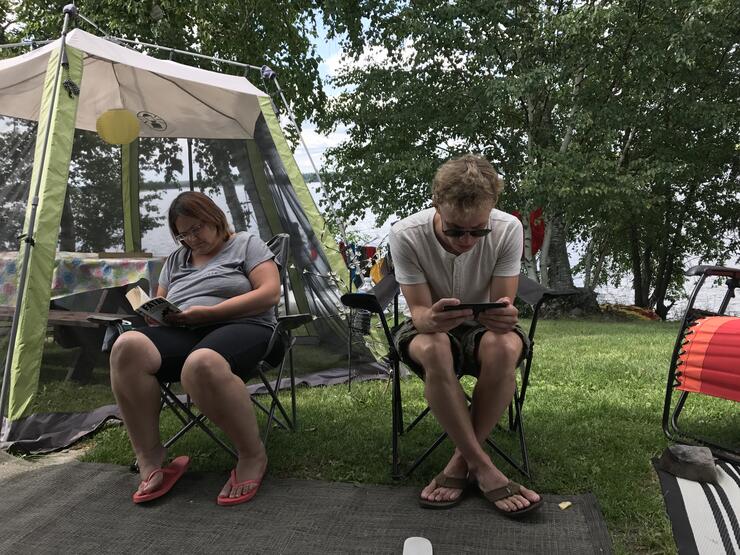
8: Be Adaptable
Since you are on “vacation” having a positive mental attitude and the willingness to adapt to unexpected situations will make your camping trip that much more enjoyable. Stress and vacations don’t go together, so don’t be in a hurry – you’re on vacation, not at work – and remember that how you react to a problem rather than the problem itself, is often the difference between being relaxed or being stressed.

9: Don’t Be Afraid to Try New Things
As the Executive Director of a Travel Association, I hear from a lot of people about their experiences as they travel through the region. Consistently, the one thing I hear the most from people is how happy and proud of themselves they were for trying something new that they hadn’t done before. So if you’re from the big city and haven’t fished much (or ever), then try wetting a line. If you have never walked through the forest on a nature trail, try that, or take a canoe or kayak out for a paddle. If you follow this advice, I guarantee you it will be one of the most memorable aspects of your camping trip.
10: Don’t Be Afraid to Ask for Help
If this is your first trip to Ontario’s Sunset Country and you’re not sure about where to go or what to do once you get here, don’t be afraid to ask for help. Local knowledge can be extremely helpful in identifying things to see and do – a hidden waterfall or a great, off-the-beaten-path lake to fish. By asking for help, you’ll benefit from the intricate knowledge a local resident has of the area and meet new people at the same time. Ontario’s Sunset Country has been a very popular destination for campers for over 50 years, so we’re used to seeing lots of tourists in the area, and are willing to help you by answering your questions!
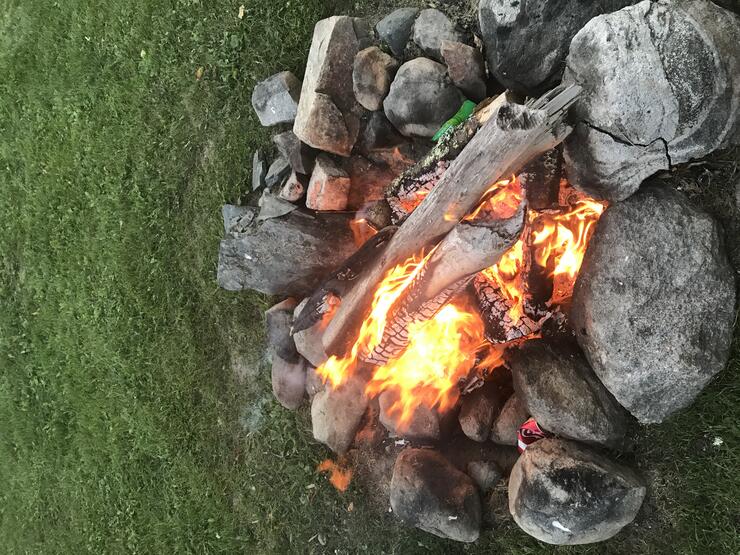
Some Parting Thoughts
As someone who’s owned a travel trailer for five years and who has camped in the region in a variety of spots, I think it is one of the best ways to enjoy the beautiful scenery and the thousands of lakes we have. I would definitely recommend that you stay at a private campground over a Provincial Park, but that is just my preference, stay at the spot you think is the best for you and those going with you.
Some Resources:
Privately Owned Campgrounds in Sunset Country
Free Sunset Country Travel Guide and Map delivered to your door
Recommended Articles
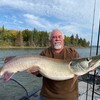
Is the 1,400 Kilometre Drive to Northwest Ontario For a Fishing Trip Worth it?
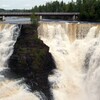
8 must-see waterfalls

6 Ways to Get Your 10,000 Steps This Fall
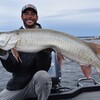
Top 5 Reasons You Should Be Fishing in Morson, Ontario
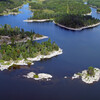
Discover The Winnipeg River
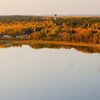
Enjoy Sunset Country's Fall Colours on Your Next Road Trip

Fishing in the Fall?
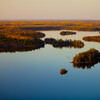
6 Reasons to Book a Fall Vacation to Sunset Country
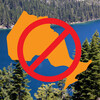
10 Reasons to Avoid Ontario’s Sunset Country
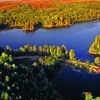
Heading Across Canada?
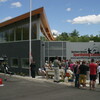
A Guide to Sunset Country Museums
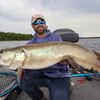
The Promised Land: Best Muskie Fishing in Ontario
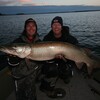
Fall Fishing Tips
5 Essential Boreal Experiences in Ontario's Sunset Country
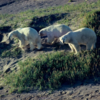
5 Obscure Facts About Northwestern Ontario: Were You Aware of These?
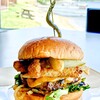
Great Food in Relatively Unknown Places
Outdoor Medicine

A Guide to Bringing Your Pets on Vacation to Canada
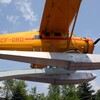
There's more than just fishing in the Red Lake Region
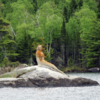
5 Amazing Sights You Can Only See By Boat
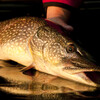
Going Fishing in Canada?
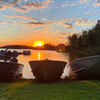
Going fishing in Ontario?
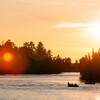
Outdoor Adventure in Ontario's Northern Paradise
Planning A Family Fishing Trip to Canada
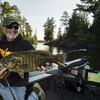
Tips from a Fishing Legend
